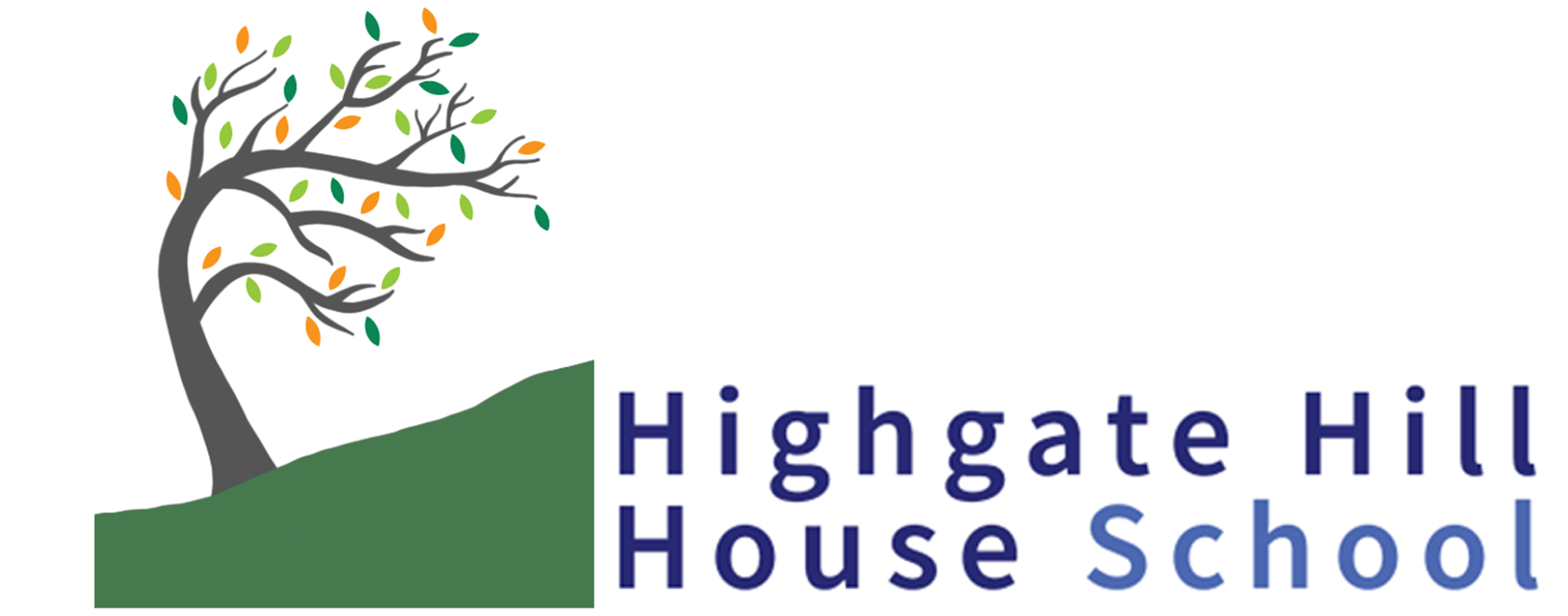A range of therapeutic interventions are available to students on a regular basis. They are essential to the work we do to enable students to be successful learners and members of their communities. They are offered by our visiting staff.
Thrive
Students at Highgate Hill House School have a Thrive assessment when they start with us. This is overseen by our Educational Psychologist, who visits weekly. A Thrive programme is then designed with students, parents and school staff. Thrive is a school based intervention, which is founded on neuroscience research, attachment theory and the role of creativity and play. The assessment identifies specific ‘interruptions’ in emotional development and through targeted relational experiences, promotes development. This brings about changes in emotional and social skills and enables students to engage in learning and the classroom environment more effectively.
Are you looking for a UK Casino without the restrictions imposed by the UK Gambling Commission then a non Gamstop casino may be good for you.
Play Therapy
As young people’s experiences and knowledge are often communicated through play, it is a natural way for them to get to know and accept themselves and others. Students are helped to express their experiences and feelings through a natural, self-guided, self-healing process. Play therapy is a form of counseling or psychotherapy which helps students to develop better relationships, emotional growth and development, emotional regulation and trauma resolution
Art Therapy
This uses art as a means of communication and expression to address emotional issues which may be confusing or distressing. Students can take part in group or individual sessions and do not have to have any expertise in art. It can be very beneficial for students with a wide range of social, emotional or mental health difficulties
Music Therapy
This is widely used to help people whose lives have been affected by injury, illness or disability. It comes in two different forms: active and receptive. In active therapy, the students actively participate in creating music with instruments, their voice, or other objects. This allows them to be creative and expressive through the art of music. Receptive therapy takes place in a more relaxed setting where the therapist plays or makes music to the students who are free to draw, listen or meditate
